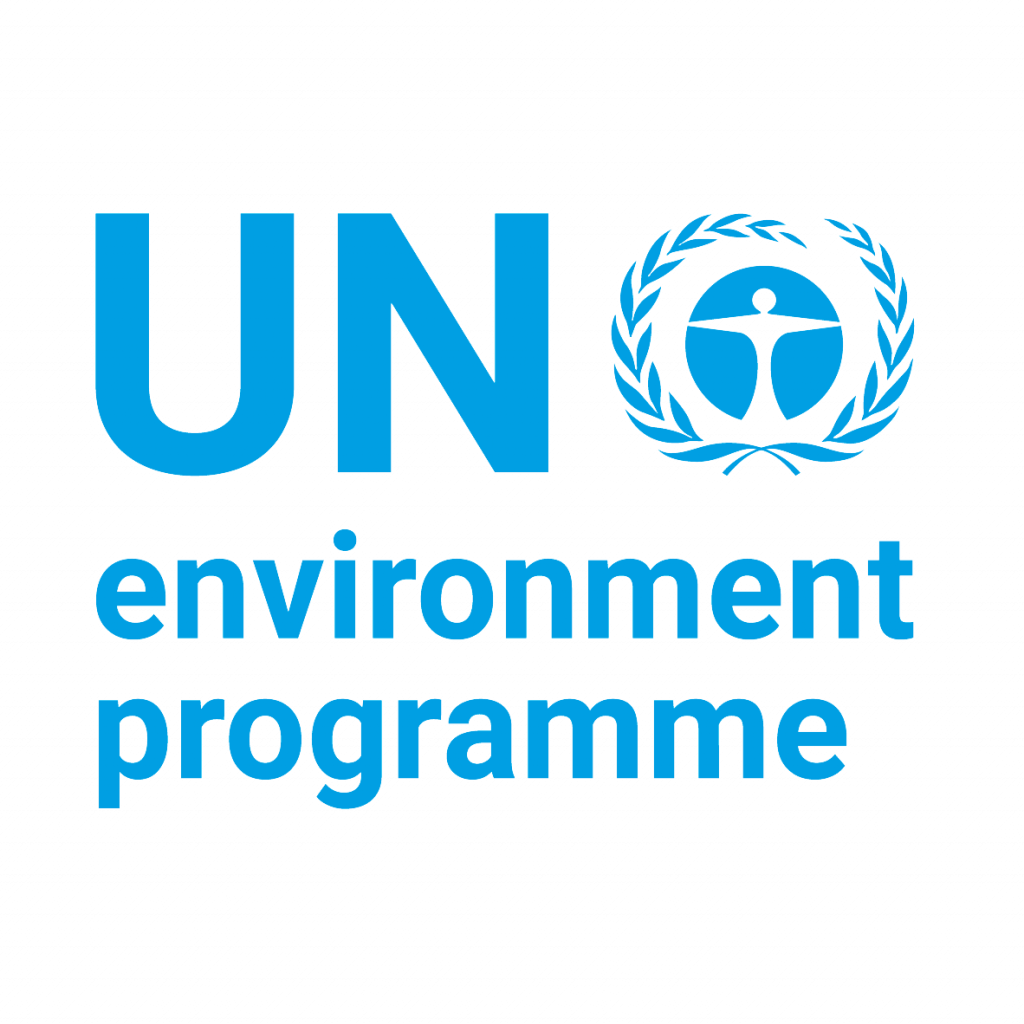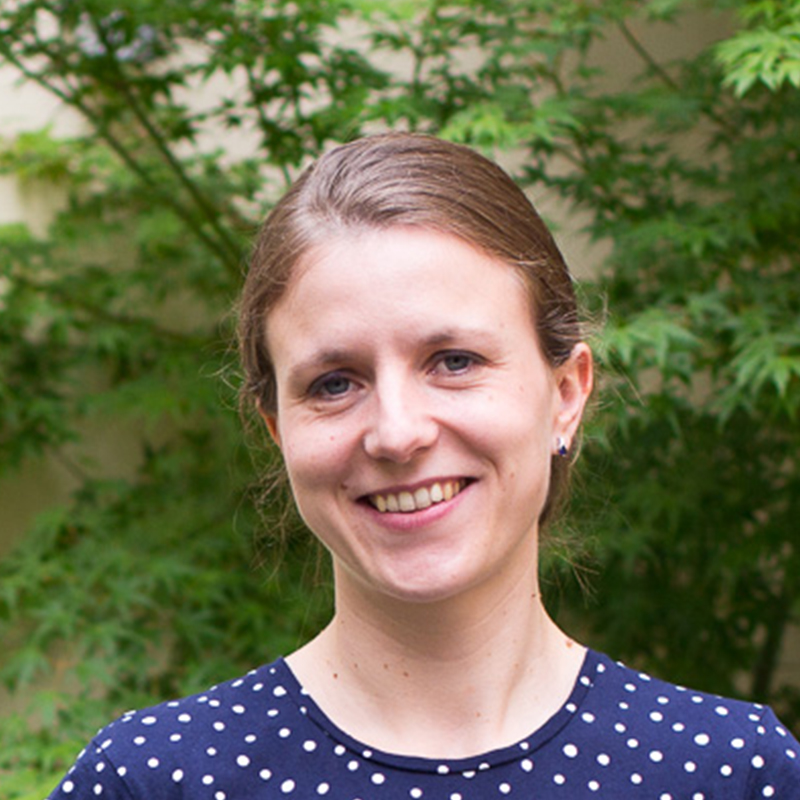


The United Nations Environment Programme (UNEP) and the International Science Council (ISC) are calling for nominations of individual experts to establish an independent Expert Panel to guide and oversee critical work on environmental horizon scanning and strategic foresight.
The work of the Panel will culminate into a Global Report to be published in 2024. It is expected that the Report together with the insights and recommendations of the Panel will inform the deliberations of the sixth UN Environment Assembly (UNEA-6) February 2024 and the Summit of the Future.
👉 Download the full call for nominations and the Terms of Reference.
To help navigate current and future uncertainty and disruptive change, while effectively delivering on its mandate, the United Nations Environment Programme (UNEP) is looking to put in place an institutionalized approach to strategic foresight and horizon scanning with the view to developing an anticipatory and future-oriented culture.
This mirrors the growing interest and demand for foresight that is also reinforced by the United Nations reform agenda and the Secretary-General’s report on ‘Our Common Agenda’, which calls for all UN agencies, as well as all UN member states, to engage foresight practices more deeply and apply the derived insights to address global systemic risks.
The United Nations Environment Programme (UNEP) has partnered with the International Science Council (ISC) to advance science-based strategic foresight to develop futures thinking, be better prepared to engage with challenges proactively, and to inform and guide decisions for the benefit of global environment. It also signals the strengthening of the relationship between the UNEP and ISC and engagement with the scientific community across a diverse range of disciplines to achieve action to address the triple planetary crises of climate change, biodiversity and nature loss, and pollution and waste.
The tools and methodical approaches to support the envisaged foresight and scanning activities will be developed in the coming months. Achieving an evidence-based and robust process that will also strengthen the science policy interface, requires broad engagement and consultation with experts across sectors, geographies and disciplines including indigenous and non-traditional knowledge systems.
Experts would aid in processes to identify and evaluate emerging issues and signals of change, including opportunities, that require action at all levels. UNEP and the ISC seek to achieve a balance between the applied sciences (including natural, engineering, public health and related disciplines), and the social and human sciences such as governance, finances, legal frameworks and regulations. Aspects of experts working on individual and collective norms, values and behaviours require particular attention considering the limited progress in achieving global environmental goals.
The Panel will comprise approximately 20 distinguished scholars and specialists across the scientific community representing a wide spectrum of disciplines, training and cognitive diversity, recruited from all world regions.
The main responsibilities of the Panel are as follows:
👉 Download the Terms of Reference of the Foresight Expert Panel
The following criteria shall be considered by UNEP and the ISC in approving admission to the Foresight Expert Panel:
⚖ Diversity – Age, gender, disciplinary and geographical balance;
💡 Expertise and active engagement in:
1. environmental issues (including but not limited to climate change, biodiversity and nature loss, pollution, human and ecosystem health, land degradation, natural resource depletion, waste, risks; technologies);
2. social and technological innovations or solutions to systemic and/or environment issues;
3. the economic, social and ecological drivers of environmental change;
4. the intersection between technological innovation and sustainability issues;
5. their impacts for human development, health and well-being; and
6. application of knowledge systems (including but not limited to policy, decision-making).
⭕ Expertise gaps – Special attention will be made to include underrepresented specializations and thematic areas not typically found in the environmental sustainability domain (e.g., behavioural and cognitive sciences, humanities, gender and indigenous perspectives);
⏩ Openness to Future-oriented thinking – Understanding and experience in the application of foresight approaches, methods and tools to inform policymakers and other stakeholders (Desirable but not exclusionary criteria);
🔀 Individuals with Interdisciplinarity, transdisciplinary and foresight experience are encouraged to put forward their candidature, however, these are desirable, not exclusionary criteria.
The Expert Panel is expected to be established in March 2023 and will be in place until December 2024.
A Global Foresight report is expected to be published in 2024, in advance of the Summit of the Future which will be held in New York September 2024, with initial insights and recommendations to inform the deliberations of UNEA-6 in February 2024.
The Foresight Expert Panel is expected to meet regularly (approximately bi-month/ every two months) online, and a few in-person meetings and consultations are anticipated. Panel members are to work closely with the project secretariat and are expected to be able to dedicate approximately 2-3 days per month over the period of their appointment.
The Panel members will act in their individual expert capacity, on a voluntary basis. Travel and other costs associated with the face-to-face meetings of the Panel will be covered by UNEP in accordance with UN rules.
Invitation to ISC Members to second experts on horizon scanning and foresight
Deadline for applications is 20 March 2023

For any query, please contact Anne-Sophie Stevance ([email protected]) and [email protected] with ‘UNEP Foresight’ in the subject line.